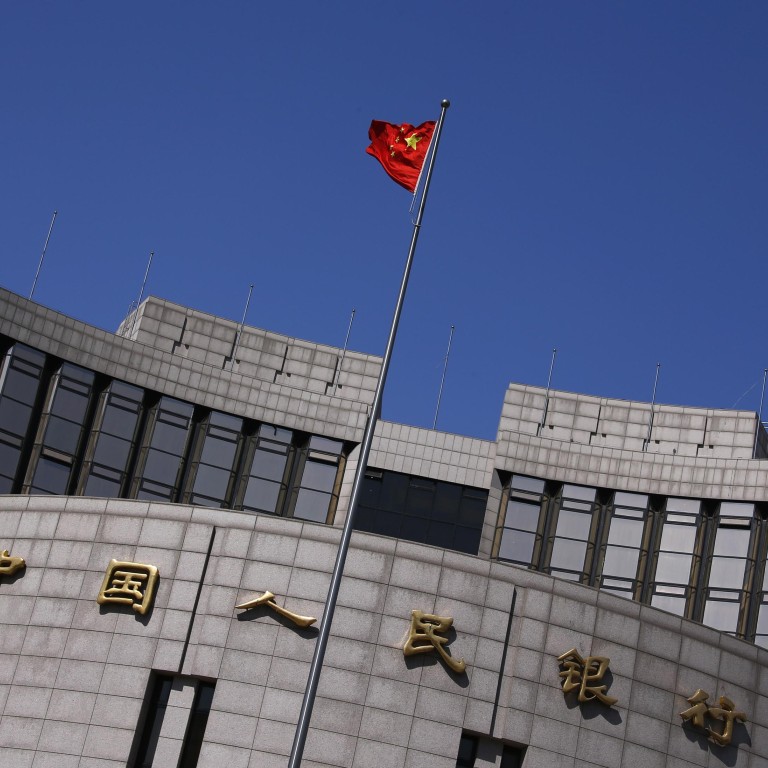
China's currency swap deal with Switzerland is just plain dumb
It's a funny thing about the balance of payments: very few politicians understand how it works and yet they love to monkey about with it. The basic rule here is something like the law of gravity, which says that what goes up must come back down.
It's a funny thing about the balance of payments: very few politicians understand how it works and yet they love to monkey about with it.
The basic rule here is something like the law of gravity, which says that what goes up must come back down.
In balance of payments matters, the law is that what comes in must go back out. Economists mostly express this by saying that payments must balance.
Thus, taking China as an example, last year the figures showed a merchandise trade surplus of US$360 billion. This represents money that came in to pay for goods, which went out. After adjusting for a deficit in services trade and some other inputs, the final surplus of the current account on the balance of payments came to US$182.2 billion.
And now here is the problem. What can you do with US$182 billion in China? The country's currency is the yuan. You may buy a few things with US dollars, but if you really want to make widespread use of the money you have to convert it to yuan. And that just means someone else has the problem of what to do with US dollars in China.
There is an obvious solution. Ship those dollars back out again by investing them in the US.
You are not buying goods or services with them this time because, if you were, these would count as imports, and then China would have a perfect balance in trade rather than a trade surplus.
If you invested the money abroad, then the capital account on the balance of payments would show a deficit as big as the surplus in the current account, and all would be in balance. What came in would have gone back out.
But, strange to say, China's capital account did not show a deficit last year. More money came in than went out, leading to a capital account surplus of US$248.5 billion. Together with the current account surplus this created an overall balance of payments surplus of US$431.8 billion.
If what comes in must go back out, how was China to send out this gargantuan sum of money?
Simple. The People's Bank of China bought up all these US dollars with yuan coerced out of the commercial banks and sent this money abroad as foreign reserves.

In fact, China doesn't need it either. It's all built on borrowed money and amassed only to support a PBOC monetary policy that has gone off the rails.
Now look again at the chart, this time at the blue line. It shows you what these reserves cost the PBOC. The difference with the red line is an unrecognised foreign-exchange loss of US$520 billion.
And yet someone in Beijing wants the Swiss to buy yuan bonds.
The money will just go into further capital account inflation and have to be pumped out again as foreign reserves, leading to yet more strain on the entire Chinese financial system.
What a daft idea. It was a politician who thought it up, you can be sure.

